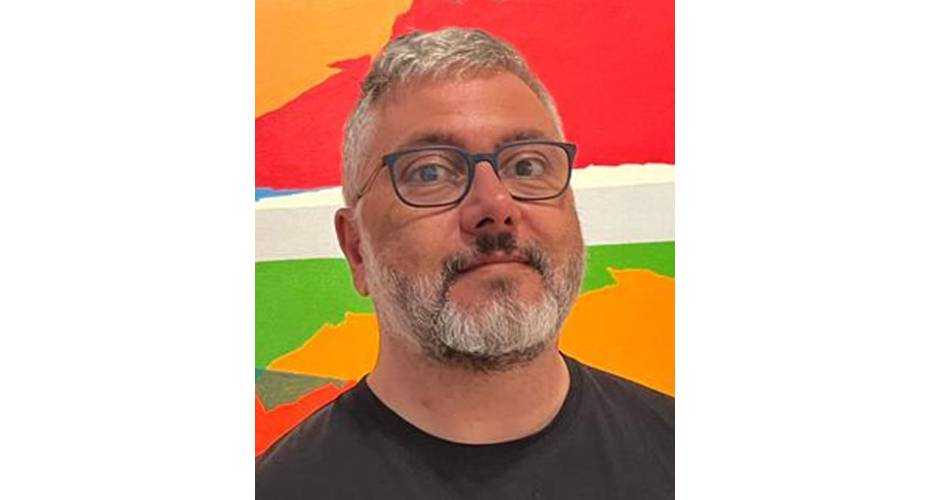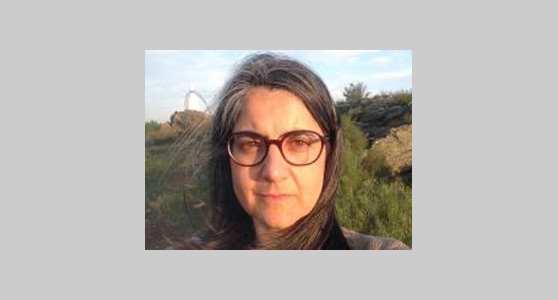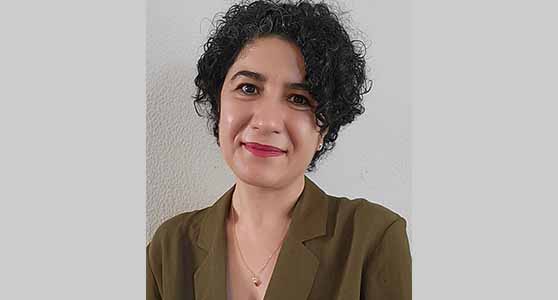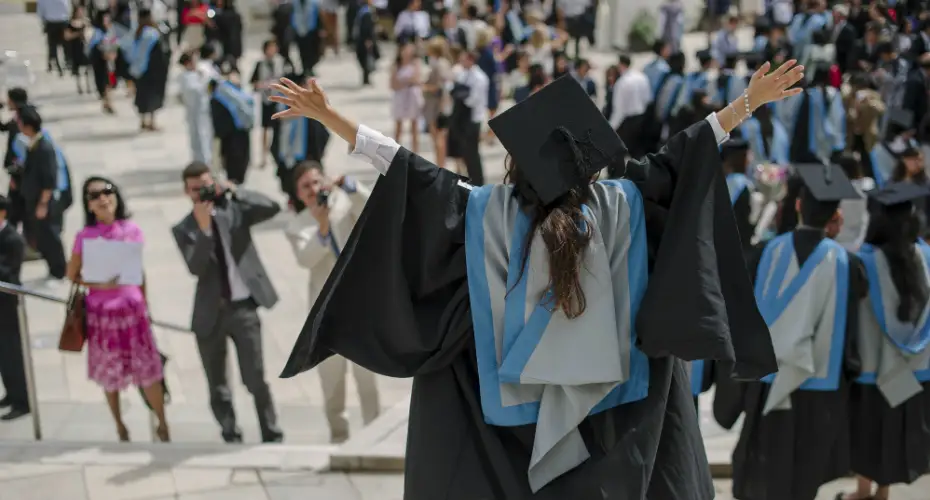Masters applications for 2023 entry are now closed.
Applications for September 2024 will open on Monday 25 September. Applications are now open for programmes with a January 2024 start. View our programmes »
Overview
- An interdisciplinary programme that will develop your intercultural awareness and competence, and give you an understanding of the theory and practice of intercultural communication, skills highly valued by employer in today’s global world.
- Develop an in-depth understanding of the complexities of communication in a globalised world, the ability to apply the acquired discipline specific skills to address challenges and implement positive and sustainable solutions, and the ability to conflate others’ perspectives to navigate complex relationships locally and globally.
- Gain an understanding of key aspects of linguistics and learning theory and their influence on the teaching of English to speakers of other languages and manage multilingualism in educational settings.
- Taught by experts in the field of intercultural communication, discourse analysis, language and globalisation, multilingualism and education, and multilingualism and migration, international education and TESOL.
- Join a vibrant research community and develop your research skills through a series of structured practical seminars supporting you in the planning, design, implementation and presentation of your research.
- There are two other pathways available for the MA Intercultural Communication, depending on interest: Migration or International Business
Top 150 in world subject rankings for Modern Languages
Top 150 in the world for Education
Top 10 in UK subject rankings for Modern Languages
Home to one of the largest Education libraries in the UK
Top 150 in world subject rankings for Modern Languages
Top 150 in the world for Education
Top 10 in UK subject rankings for Modern Languages
Home to one of the largest Education libraries in the UK
Entry requirements
We will consider applicants with a 2:2 Honours degree with 53% or above in their first degree in a relevant subject area. While we normally only consider applicants who meet this criteria, if you are coming from a different academic background which is equivalent to degree level, or have relevant work experience, we would welcome your application.
Entry requirements for international students
English language requirements
International students need to show they have the required level of English language to study this course. The required test scores for this course fall under Profile B2. Please visit our English language requirements page to view the required test scores and equivalencies from your country.
Fees
2025/26 entry
UK fees per year:
£12,500 full-time; £6,250 part-time
International fees per year:
£25,300 full-time; £12,650 part-time
Scholarships
The University of Exeter has many different scholarships available to support your education, including £5 million in scholarships for international students applying to study with us in the 2025/26 academic year, such as our Exeter Excellence Scholarships*.
For more information on scholarships and other financial support, please visit our scholarships and bursaries page.
*Terms and conditions apply. See online for details.
Course content
Core modules explore key concepts, such as culture, identity, acculturation, prejudice and othering, issues, debates, and critical approaches to intercultural communication from a global perspective that goes beyond Eurocentric or western perspectives.
You will also develop your research competence and critical reflection on the process of planning, designing, implementing, and presenting of research in preparation for your dissertation.
In one of the optional modules, Sustainable Development Goals Challenge, you join a team of international students and address a real-life sustainable development goal challenge. This ground-breaking module will help you gain first-hand experience in intercultural interactions.
The modules we outline here provide examples of what you can expect to learn on this degree course based on recent academic teaching. The precise modules available to you in future years may vary depending on staff availability and research interests, new topics of study, timetabling and student demand.
90 credits of compulsory modules and 60 credits of pathway modules, 30 credits from optional modules
a - Choose 60 credits from this list of Education pathway modules
Compulsory modules
| Code | Module |
Credits |
|---|
| SMLM087 |
Intercultural Communication: Key Concepts and Theories | 30 |
| SMLM088 |
Dissertation | 60 |
| EFPM292 |
Bilingual and Multilingual Perspectives on Language Learning and Teaching [See note a above] | 15 |
| EFPM314 |
Discourse and Language Education [See note a above] | 15 |
| EFPM375 |
Education for diversity [See note a above] | 30 |
| EFPM912 |
Perspectives on International Education [See note a above] | 30 |
| EFPM313 |
Issues in English Language Teaching [See note a above] | 15 |
Optional modules
b - Choose 30 credits from this list of optional modules
| Code | Module |
Credits |
|---|
| BEP3172 |
Future 17: Sustainable Development Goals Challenge [See note b above] | 15 |
| SMLM089 |
Language and Globalisation [See note b above] | 15 |
| SMLM090 |
Minority Languages: Maintenance, Revitalisation and Endangerment [See note b above] | 15 |
| SMLM091 |
Language, Discourse and Society [See note b above] | 15 |
| SML3043 |
Migration and Multilingualism [See note b above] | 15 |
| SMLM059 |
Language, Ethnography and Mobility [See note b above] | 15 |

Professor Francesco Goglia
Associate Professor of Migration and Multilingualism

Associate Professor Susana Afonso
Associate Professor in Language, Cognition and Society

Dr Birgül Yilmaz
Senior Lecturer in Intercultural Communication
Professor Francesco Goglia
Associate Professor of Migration and Multilingualism
Professor Goglia’s teaching reflects his research interests in multilingualism. He’s always keen to share his findings with his students and encourage them to share their experiences of multilingualism both in seminar discussions and assessments.
In 2021, he was awarded a Community-Engaged Incubator: Students as Teachers of Multilingualism: a Bi-Directional Project between the University of Exeter and Rokeby School, a secondary school in the borough of Newham in East London. This pilot project tested an innovative method of community-engaged learning on multilingualism and linguistic diversity, in which both student cohorts were engaged in online teaching and learning activities.
He's also a member of the Society of Italian Studies Equality, Diversity and Inclusion working group, and a Fellow of the Higher Education Academy.
Profile page
Associate Professor Susana Afonso
Associate Professor in Language, Cognition and Society
Associate Professor Afonso convenes modules mainly on language variation and change, including contact between languages (mainly involving Portuguese), an area of her academic research. She also convenes a module on the relationship between language, culture and the mind, inspired by cognitive linguistics.
She is a fellow of the Higher Education Academy.
Profile page
Dr Birgül Yilmaz
Senior Lecturer in Intercultural Communication
Dr Birgül Yılmaz is a Senior Lecturer in Intercultural Communication. She leads the core module of SMLM087 and SMLM088 on the MA in Intercultural Communication and creates optional modules based on her over a decade long ethnographic fieldwork gained internationally.
Dr Yılmaz is a Critical Sociolinguist and Applied Linguist, specialising in the areas of sociolinguistics of forced migration, humanitarianism, ethnography, critical/ discourse analysis, interactional sociolinguistics, and linguistic practice in institutional and precarious settings such as refugee camps. Her teaching is social justice oriented and builds awareness on everyday intercultural communicative inequalities.
She is a member of the International Association for Languages and Intercultural Communication (IALIC), the British Association for Applied Linguistics (BAAL), the American Association for Applied Linguistics (AAAL), and the Linguistic Ethnography Forum (LEF).
Dr Yılmaz is an Associate Editor for Glossa Contact. Her research in two refugee camps on Lesbos Island appeared on BBC Radio 3's Free Thinking programme: What language did Columbus speak?
Modules she convenes are:
Profile page
Teaching and research
You will be taught by experts in the field of intercultural communication, discourse analysis, multilingualism and education, and multilingualism and migration, as well as International Education and TESOL. You will learn collaboratively with other students and the wider postgraduate research community.
Research in Modern Languages and Cultures is characterised by world-leading and internationally excellent research centres, which span a wide range of sub-disciplinary fields including:
The School of Education has a number of interdisciplinary research centres including:
Read more
Careers
Employer-valued skills
You will be equipped with skills highly valued by employers such as communication in multicultural environments, understanding the complexities of communication in a globalised world, analytical and presentation skills, critical thinking and research-oriented skills, including planning skills and time management
Careers
Professionals with the ability to work in diverse cultural and linguistic settings are required in a range of organisations. Career paths include NGOs, international development, multilingual schools, and universities. Alternatively, you may undertake PhD research and an academic career.
















